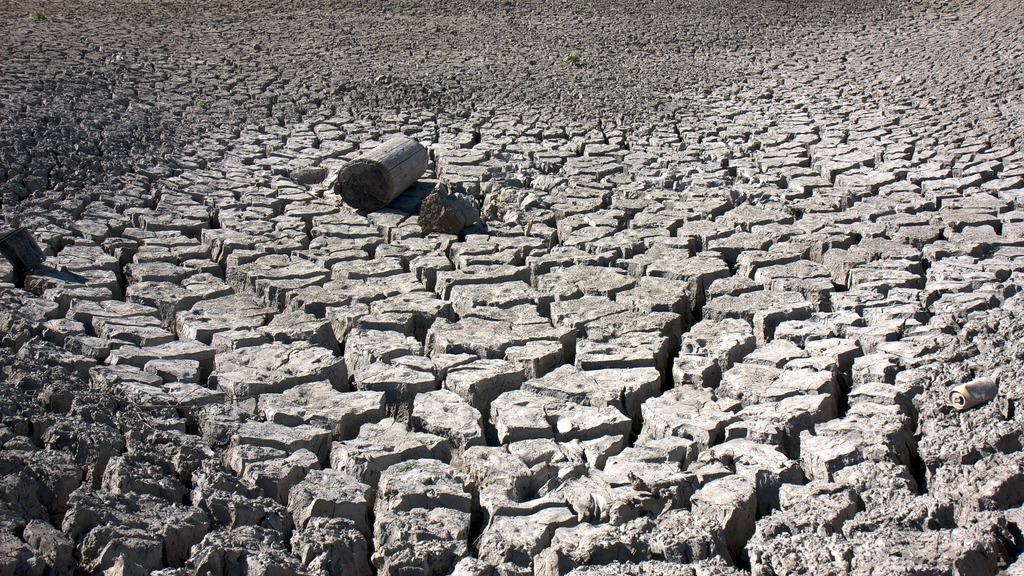When California Gov. Jerry Brown (D) declared a drought emergency last week, his administration slipped a bit of legalese into the declaration that has some environmentalists worried.
It states that the California Environmental Quality Act (CEQA) will not apply to efforts by state agencies to “make water immediately available.”
CEQA, a landmark 1970s environmental statute, requires environmental analyses for major projects, which leads to delays as the studies are conducted and fought over, and as proposals for reducing environmental harm are debated. Brown, who hates the law, once remarked, “I‘ve never seen a CEQA exemption that I don’t like.”
The drought declaration says the limited suspension of CEQA will help “streamline water transfers and exchanges between water users” and help the state change limits on how much water can be diverted from reservoirs and from the Sacramento–San Joaquin River Delta.
That’s important because the Delta, a stressed waterway and estuary that flows from melting snow in the Sierra Nevada Mountains to San Francisco Bay and into the Pacific Ocean, is at the center of a decades-old fight between farmers on one side and fishermen and environmentalists on the other. Farming corporations that own desert-like land in California’s Central Valley fight tooth-and-nail to be allowed to draw more water from the Delta, which would boost their nut, fruit, and vegetable harvests. Fishermen, who rely on the ecosystem for salmon, and environmentalists fight tooth-and-nail to prevent that from happening.
The drought is ravaging California just as Brown is preparing to ask voters to approve a multi-billion-dollar overhaul of the state’s water system. His plan would, among other things, dig a controversial water tunnel that could be used to boost the amount of water that’s diverted from the Delta for use on Central Valley farms.
So environmentalists are understandably suspicious about Brown’s move to suspend CEQA for water projects during the drought.
“This is, of course, a back-door attempt to sneak through the change of place approval needed to build the peripheral tunnel project, which will divert more water from the Delta,” Jeff Miller of the Center for Biological Diversity told Grist. “If the governor was serious about addressing the drought, he would turn off the taps that water lawns in the desert and irrigate luxury crops on selenium-tainted lands in the San Joaquin Valley before killing salmon and smelt.”
Here’s the language from the drought declaration that has some environmentalists worried:
IT IS HEREBY ORDERED THAT: …
5. The Water Board will immediately consider petitions requesting consolidation of the places of use of the State Water Project and Federal Central Valley Project [in the Delta], which would streamline water transfers and exchanges between water users within the areas of these two major water projects.
6. The Department of Water Resources and the Water Board will accelerate funding for water supply enhancement projects that can break ground this year and will explore if any existing unspent funds can be repurposed to enable near-term water conservation projects. …
9. The Department of Water Resources and the Water Board will take actions necessary to make water immediately available, and, for purposes of carrying out directives 5 and 8, Water Code section 13247 and Division 13 (commencing with section 21000) of the Public Resources Code [CEQA] and regulations adopted pursuant to that Division are suspended on the basis that strict compliance with them will prevent, hinder, or delay the mitigation of the effects of the emergency. Department of Water Resources and the Water Board shall maintain on their websites a list of the activities or approvals for which these provisions are suspended.



